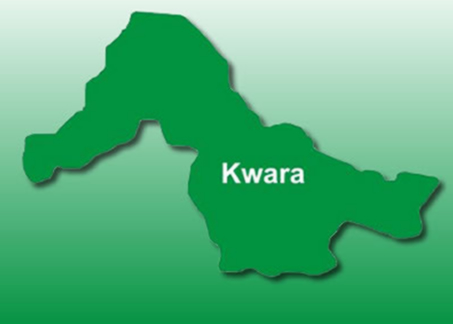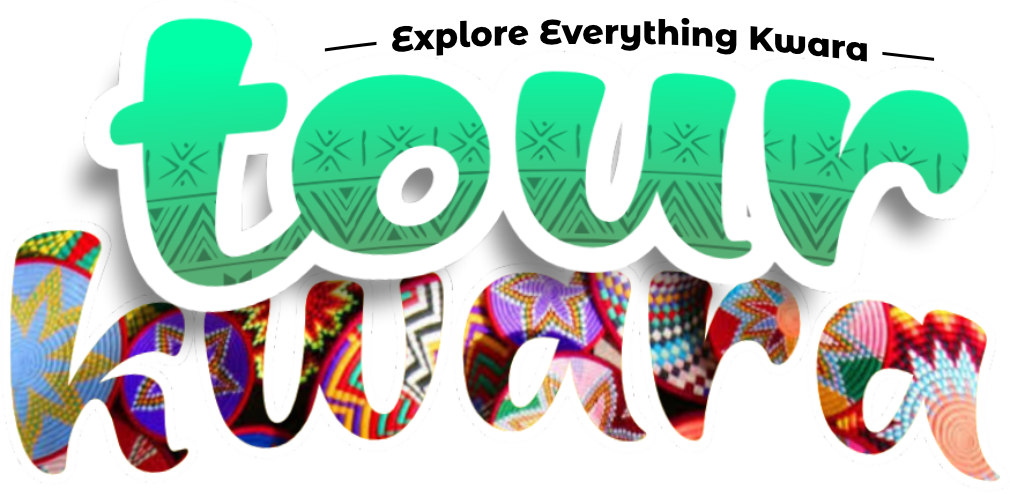Kwara History
About Kwara State
Nestled in the heart of Nigeria, Kwara State boasts a rich tapestry of history, woven from diverse threads of ancient kingdoms, colonial encounters, and modern aspirations. Today, we embark on a journey through time, unraveling the fascinating narrative of this remarkable state.
Pre-Colonial Beginnings:
Our story begins far beyond the shadow of modern borders. The land now called Kwara witnessed the rise and fall of powerful kingdoms:
- The Nupe Kingdom: Flourishing along the Niger River, the Nupe established Bida as their formidable capital, leaving behind a legacy of remarkable craftsmanship and political prowess.
- The Ilorin Emirate: Founded by Yoruba warrior-prince Afonja, Ilorin emerged as a strategic trade hub, its influence expanding through shrewd alliances and military might.
- The Yagba Kingdom: Nestled in the forested south, the Yagba people built a decentralized society centered around agriculture and spiritual traditions.
These kingdoms interacted, competed, and sometimes merged, shaping the cultural and political landscape of the region.
Colonial Interlude:
The 19th century saw the arrival of European powers, eager to exploit the natural resources and trade routes of Africa. Kwara became a battleground:
- Fulani Expansion: The Fulani jihad swept through the region, transforming political structures and introducing Islam as a major religion.
- Royal Niger Company: British expeditions led by the Royal Niger Company ultimately claimed control, incorporating Kwara into the Northern Nigeria Protectorate.
This period ushered in significant changes, influencing everything from administrative systems to religious practices.
Independence and Statehood:
With Nigeria’s independence in 1960, Kwara’s identity evolved again:
- Breaking the Mold: In 1967, the state carved its own destiny, splitting from the Northern Region and initially christened “West Central State.”
- Kwara Emerges: Soon, the name “Kwara,” derived from the local name for the Niger River, resonated with the state’s diverse population.
- Shifting Borders: Further state creation exercises saw Kwara’s territory shrink, but its spirit remained undimmed.
Embracing the Future:
Today, Kwara stands on the threshold of a new era:
- Cultural Mosaic: Yoruba, Nupe, Fulani, and other ethnic groups continue to contribute to the state’s vibrant cultural tapestry, celebrated in festivals like the Durbar in Ilorin.
- Economic Opportunities: Kwara’s fertile land, abundant mineral resources, and strategic location hold immense potential for agricultural and industrial development.
- Education and Innovation: The state boasts renowned educational institutions and a growing tech sector, nurturing future generations of leaders and entrepreneurs.
As Kwara looks towards the future, its rich history serves as a guiding compass. The resilience of its people, the lessons learned from past triumphs and challenges, and the unwavering pursuit of progress all ensure that the next chapter of the Kwara story will be one of continued growth and prosperity.


